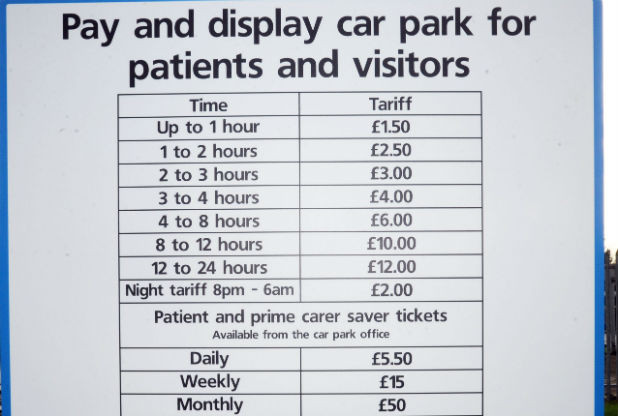Tag Archives: disability
Free hospital parking for carers of long-term patients

Parking charges have been scrapped for carers visiting long-term patients at the city’s three hospitals.
The main carer of someone in hospital for more than six weeks will qualify for the free pass.
Permits will apply at Leicester Royal Infirmary, Glenfield and Leicester General hospitals.
The move has been welcomed by carers and health campaigners.
The University Hospitals of Leicester NHS Trusts is one of the only hospital trusts in the country to offer the concession for all types of patients.
Similar schemes operate in other hospitals but are often restricted to particular patient groups such as those being treated for cancer, kidney problems and blood related conditions.
RCGP Research Paper of the Year: Informal carers face double disadvantage with poorer quality of life and poorer patient experience in primary care
A large section of the population – approximately 10% of adults in England – care for others;
Informal carers experience a double disadvantage of poorer health-related quality of life and worse patient experience in primary care compared to those without caring responsibilities, according to a study of data from nearly 200,000 carers presented to the Royal College of General Practitioners. The study, from the Cambridge Centre for Health Services Research at the Primary Care Unit, was awarded the Royal College of General Practitioners Health Service Delivery and Public Health Research Paper of the Year 2016 on 28th September 2016.
A large section of the population – approximately 10% of adults in England – care for others; and carers are already known to experience worse physical and mental health that non-carers. But this study, originally published in May 2015 in BMC Family Practice, was novel in investigating the primary care experience of informal carers as patients themselves, rather than focusing on their role as carer for another patient. Carers reported worse patient experience than non-carers, particularly in terms of access, with those carers who were male, younger, non-white, or living in a socially deprived area rating their experiences the most poorly.






